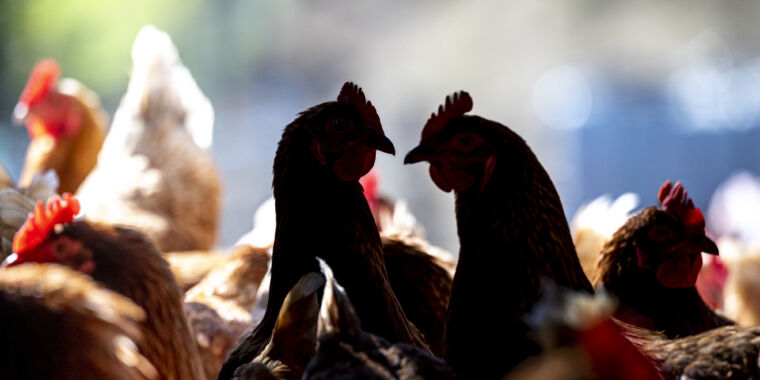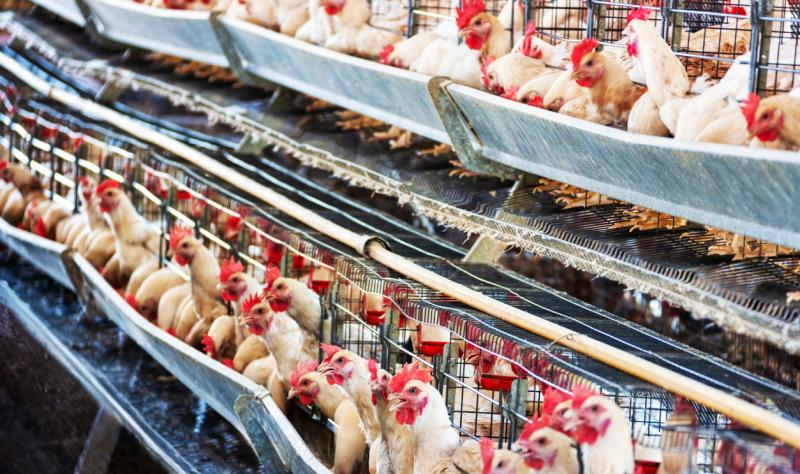
In recent weeks, Colorado has seen a surge in cases of human bird flu, with seven confirmed cases among poultry workers. The latest case was reported at a second large layer farm in Weld County where culling operations are underway. This brings the total number of infected individuals to seven.
Genetic testing indicates that the virus found in birds and workers is closely related to the virus spreading among dairy cattle and dairy farm workers. At least 168 herds in 13 states have tested positive for H5N1 bird flu, affecting over 100 million birds.
The recent spate of human cases among Colorado poultry workers is notable given the ongoing outbreak among poultry since January 2022. To date, there have been over 1,000 outbreaks across 48 states, affecting over 100 million birds. In most of those cases, it is believed that poultry became infected directly from wild birds.
However, the recent human cases among Colorado poultry workers are particularly concerning as they come after the virus moved from wild birds to dairy cows and then to poultry. It remains unclear how the virus is spreading from dairy farms to poultry farms in this latest stage of the outbreak.
Five more dairy farm outbreaks were confirmed, raising the national total to 168 from 13 states: four from Colorado and one from Minnesota.
The Centers for Disease Control and Prevention (CDC) assesses the risk of H5N1 to the general public as low. All human cases identified to date have been mild and appear to respond to flu antivirals. However, it is important for poultry workers and those living near infected farms to take precautions such as wearing personal protective equipment (PPE) when handling birds or working in areas where birds are being culled.
The CDC advises that people should avoid contact with sick or dead poultry, wild birds, and surfaces contaminated with bird feces. If you must handle live poultry, wear protective clothing including long sleeves, pants, and waterproof boots. Wash your hands thoroughly after handling birds or working in areas where they are present.
The US Department of Agriculture Animal and Plant Health Inspection Service (APHIS) is working closely with state partners to control the spread of H5N1 bird flu among poultry populations. They recommend that all poultry owners practice good biosecurity, including keeping their birds indoors if possible, limiting access to non-essential personnel and vehicles, and implementing strict visitor protocols.


